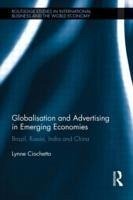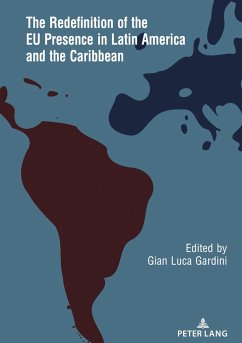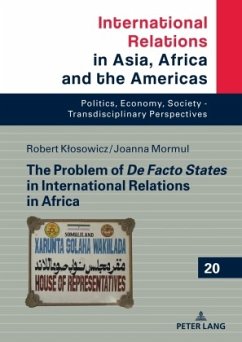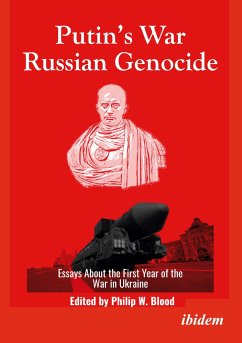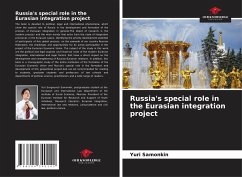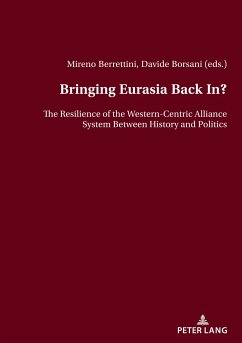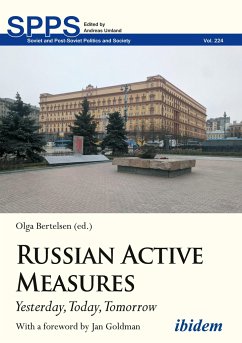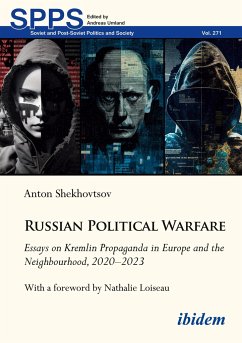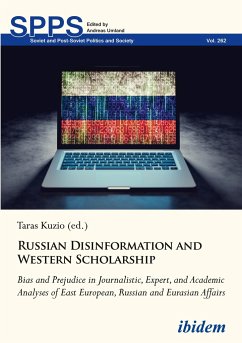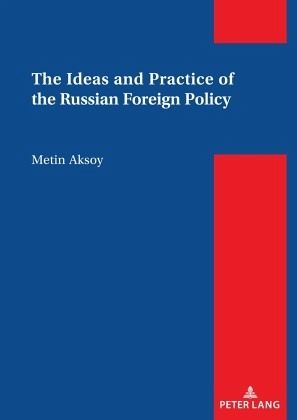
The Ideas and Practice of the Russian Foreign Policy
Versandkostenfrei!
Versandfertig in 6-10 Tagen
34,95 €
inkl. MwSt.

PAYBACK Punkte
0 °P sammeln!
The continuity in Russian state foreign policy revolves around two fundamental elements:the pursuit or maintenance of great power status and underlying political ideologies.Throughout both the Tsarist and Soviet periods, a primary objective was theattainment or preservation of great power status. Political ideas that developed sincethe Tsarist period put forward assumptions about national identity, the role of theRussian state in the world and geopolitics, and shaped Russian foreign policy. Russialost its great power status after the collapse of the USSR. However, under Putin'sleadership, Russ...
The continuity in Russian state foreign policy revolves around two fundamental elements:
the pursuit or maintenance of great power status and underlying political ideologies.
Throughout both the Tsarist and Soviet periods, a primary objective was the
attainment or preservation of great power status. Political ideas that developed since
the Tsarist period put forward assumptions about national identity, the role of the
Russian state in the world and geopolitics, and shaped Russian foreign policy. Russia
lost its great power status after the collapse of the USSR. However, under Putin's
leadership, Russia has pursued a foreign policy aimed at reclaiming this status. In this
period ideas influenced the decisions of Putin's and Russia's foreign policy. In light of
all these statements, this book examines the political ideas that affect the preferences
of Russian decisionmakers and the practices that emerged in Russian foreign policy
implemented during the Putin period to achieve Russia's great power status.
the pursuit or maintenance of great power status and underlying political ideologies.
Throughout both the Tsarist and Soviet periods, a primary objective was the
attainment or preservation of great power status. Political ideas that developed since
the Tsarist period put forward assumptions about national identity, the role of the
Russian state in the world and geopolitics, and shaped Russian foreign policy. Russia
lost its great power status after the collapse of the USSR. However, under Putin's
leadership, Russia has pursued a foreign policy aimed at reclaiming this status. In this
period ideas influenced the decisions of Putin's and Russia's foreign policy. In light of
all these statements, this book examines the political ideas that affect the preferences
of Russian decisionmakers and the practices that emerged in Russian foreign policy
implemented during the Putin period to achieve Russia's great power status.





